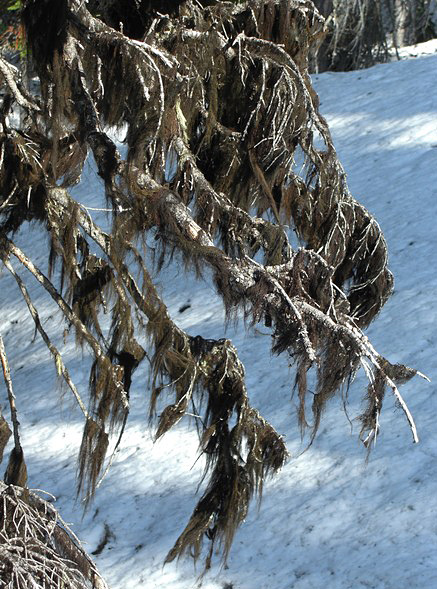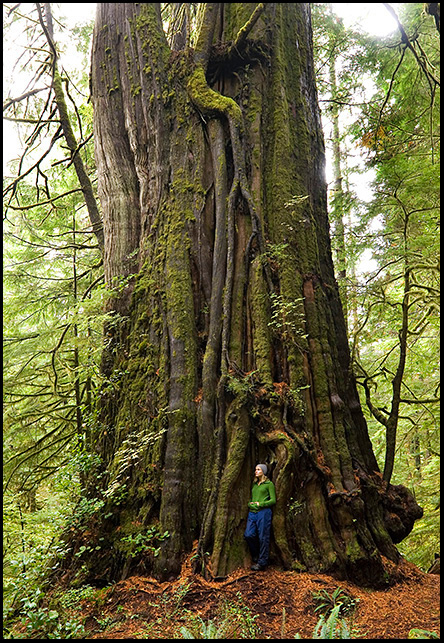AVATAR GROVE EXTRAVAGANZA: Biodiversity Hike and Fundraiser! Sunday, August 7th
Meet 1:00 pm in Port Renfrew at the new Tourist Info Center (right side of the road upon entering town), after which time we’ll drive in a convoy to the Avatar Grove. Hike 1:30 – 3:30 pm. Cost: sliding scale - $25 to $100 per individual (children are free)
https://staging.ancientforestalliance.org/wp-content/uploads/2018/08/Avatar_Hike.jpg
533
800
TJ Watt
https://staging.ancientforestalliance.org/wp-content/uploads/2014/10/cropped-AFA-Logo-1000px.png
TJ Watt2011-08-04 00:00:002023-04-06 19:09:35AVATAR GROVE EXTRAVAGANZA: Biodiversity Hike and Fundraiser! Sunday, August 7th
Award-winning Canadian poet Don McKay takes lichen-naming bid to $3,500
McKay is the author of twelve books of poetry and has been publishing since 1973. His poems are ecologically centred, inspired by the conflict between inspiration and spiritual, instinct and knowledge and he sees his writing as “nature poetry in a time of environmental crisis.”
https://staging.ancientforestalliance.org/wp-content/uploads/2018/08/Lichen_Naming.jpg
589
437
TJ Watt
https://staging.ancientforestalliance.org/wp-content/uploads/2014/10/cropped-AFA-Logo-1000px.png
TJ Watt2011-08-03 00:00:002023-04-06 19:09:35Award-winning Canadian poet Don McKay takes lichen-naming bid to $3,500
Canada’s biggest tree
Canada’s largest tree, a western redcedar named the “Cheewhat Giant” stands in a remote location near Cheewhat Lake west of Lake Cowichan. The tree is over six meters (20 feet) in trunk diameter, 56 meters (182 feet) in height and 450 cubic meters in timber volume (or 450 regular telephone poles’ worth of wood).
https://staging.ancientforestalliance.org/wp-content/uploads/2018/08/Cheewhat_Cedar_Front.jpg
643
444
TJ Watt
https://staging.ancientforestalliance.org/wp-content/uploads/2014/10/cropped-AFA-Logo-1000px.png
TJ Watt2011-08-02 00:00:002023-04-06 19:09:35Canada’s biggest treeTake Action
 Donate
Donate
Support the Ancient Forest Alliance with a one-time or monthly donation. Send a Message
Send a Message
Send an instant message to key provincial decision-makers.Get in Touch
AFA’s office is located on the territories of the Lekwungen Peoples, also known as the Songhees and Esquimalt Nations.
Copyright © 2026 Ancient Forest Alliance • All Rights Reserved
Earth-Friendly Web Design by Fairwind Creative
Earth-Friendly Web Design by Fairwind Creative
